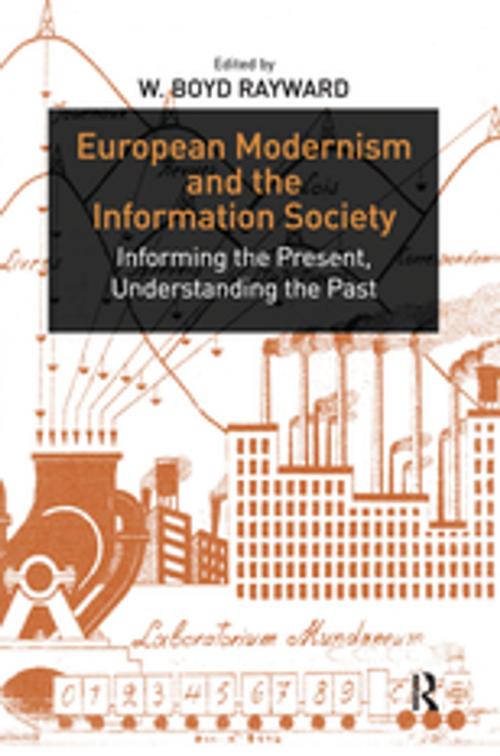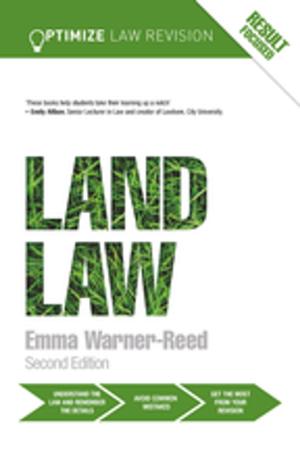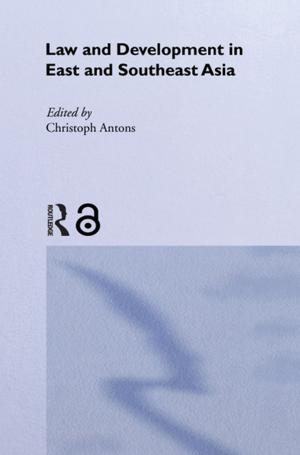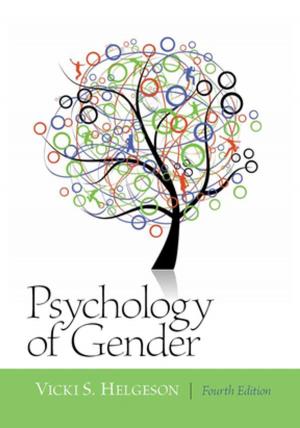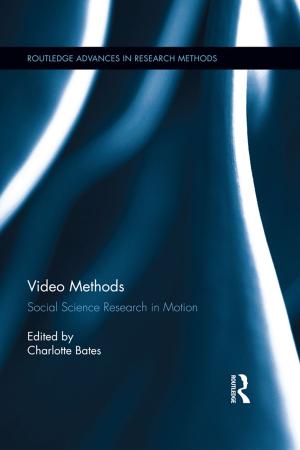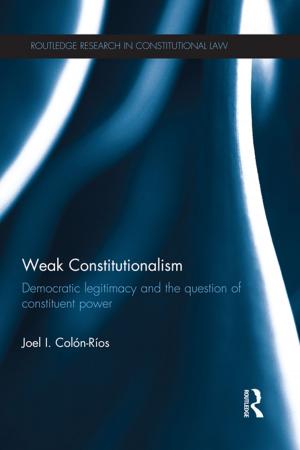European Modernism and the Information Society
Informing the Present, Understanding the Past
Nonfiction, Social & Cultural Studies, Social Science, Sociology| Author: | ISBN: | 9781317139478 | |
| Publisher: | Taylor and Francis | Publication: | May 15, 2017 |
| Imprint: | Routledge | Language: | English |
| Author: | |
| ISBN: | 9781317139478 |
| Publisher: | Taylor and Francis |
| Publication: | May 15, 2017 |
| Imprint: | Routledge |
| Language: | English |
Uniting a team of international and interdisciplinary scholars, this volume considers the views of early twentieth-century European thinkers on the creation, dissemination and management of publicly available information. Interdisciplinary in perspective, the volume reflects the nature of the thinkers discussed, including Otto Neurath, Patrick Geddes, the English Fabians, Paul Otlet, Wilhelm Ostwald and H. G. Wells. The work also charts the interest since the latter part of the nineteenth century in finding new ways to think about and to manage the growing body of available information in order to achieve aims such as the advancement of Western civilization, the alleviation of inequalities across classes and countries, and the promotion of peaceful coexistence between nations. In doing so, the contributors provide a novel historical context for assessing widely-held assumptions about today's globalized, 'post modern' information society. This volume will interest all who are curious about the creation of a modern networked information society.
Uniting a team of international and interdisciplinary scholars, this volume considers the views of early twentieth-century European thinkers on the creation, dissemination and management of publicly available information. Interdisciplinary in perspective, the volume reflects the nature of the thinkers discussed, including Otto Neurath, Patrick Geddes, the English Fabians, Paul Otlet, Wilhelm Ostwald and H. G. Wells. The work also charts the interest since the latter part of the nineteenth century in finding new ways to think about and to manage the growing body of available information in order to achieve aims such as the advancement of Western civilization, the alleviation of inequalities across classes and countries, and the promotion of peaceful coexistence between nations. In doing so, the contributors provide a novel historical context for assessing widely-held assumptions about today's globalized, 'post modern' information society. This volume will interest all who are curious about the creation of a modern networked information society.
